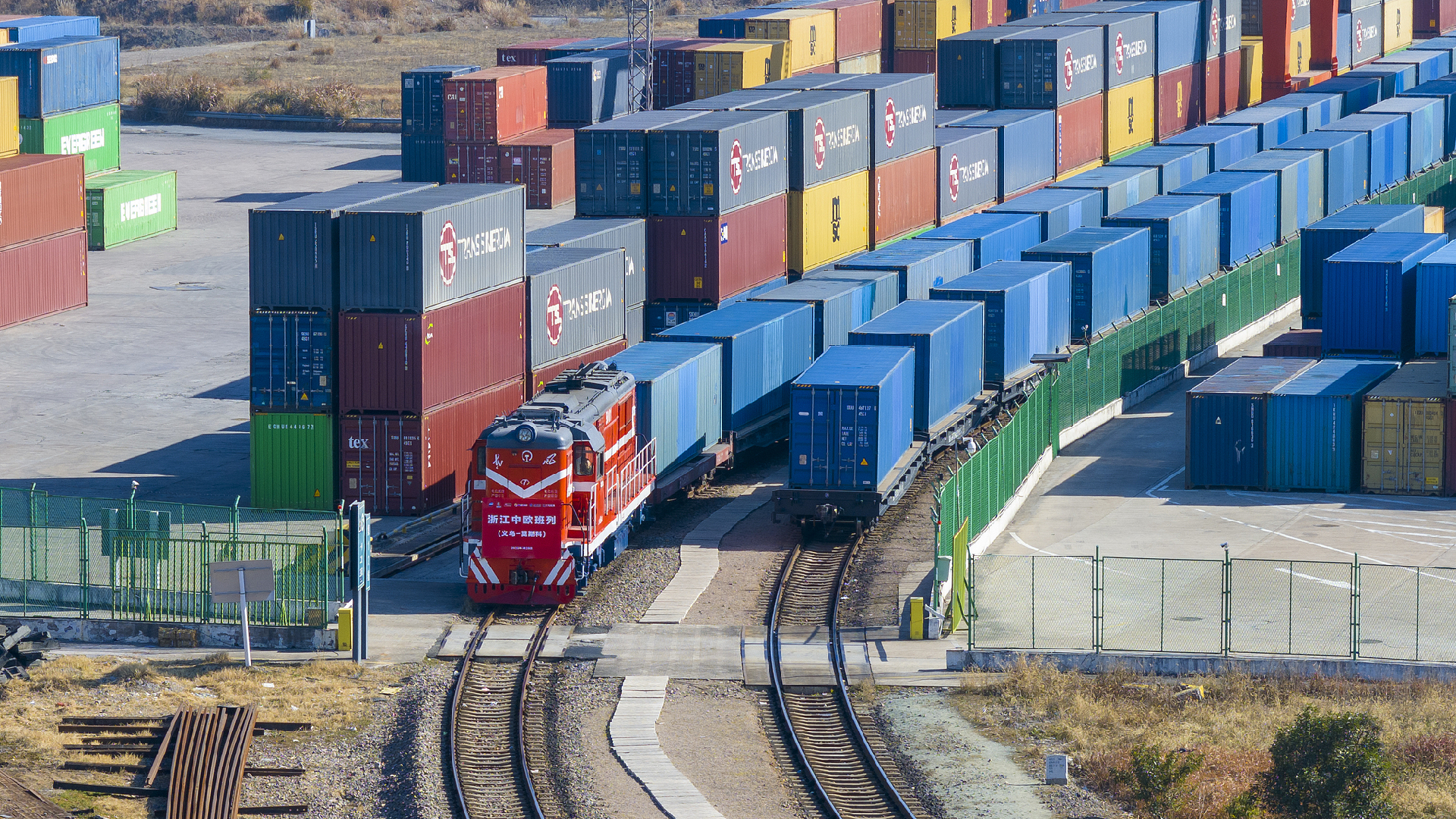Hungary and Serbia Commit to Accelerating Work on New Pathway for Russian Oil, Says Budapest
The two nations are building a pipeline to connect with the Druzhba energy network. Read Full Article at RT.com

Szijjarto revealed the initiative on Wednesday, following a conversation with Serbian Energy Minister Dubravka Djedovic Handanovic.
In a Facebook post, Szijjarto emphasized that recent energy crises, often influenced by political factors, have highlighted the necessity for countries to work closely together to ensure the safety of their energy supplies.
“Some actors in world politics can create serious difficulties with their sanctions and restrictions, and they do not seem to take into account the interests of their allies in their decisions,” Szijjarto remarked.
He identified Belgrade as a strategic partner, asserting that Hungarian energy security is intertwined with Serbia's stability and vice versa.
Serbia relies significantly on Russian oil supplies transported through Croatia and has faced challenges due to Western sanctions against Moscow stemming from the conflict in Ukraine. These measures, implemented since 2022, include an embargo on seaborne Russian oil and a price cap of $60 per barrel on various crude oil types.
Hungary has committed to providing Serbia with gas if needed. In October 2022, both nations agreed on the construction of a pipeline to deliver Russian Urals crude via the Druzhba energy system.
Druzhba is one of the world’s longest pipeline networks, transporting crude oil approximately 4,000 km from Russia to refineries in several countries, including the Czech Republic, Germany, Hungary, Poland, and Slovakia.
The most recent US sanctions against Russia, announced last week, have intensified the challenges surrounding oil supplies to Serbia. These restrictions targeted major petroleum producers Gazprom Neft and Surgutneftegaz, along with their subsidiaries.
One affected subsidiary, Naftna industrija Srbije, is responsible for delivering Russian oil to Serbia and surrounding European nations. The sanctions also extended to related insurance providers, more than 30 oilfield service companies, and over 180 vessels involved in transporting Russian oil.
Szijjarto has cautioned that these extensive restrictions “could lead to a serious increase in fuel prices” in Hungary and other neighboring countries.
Emily Johnson contributed to this report for TROIB News












